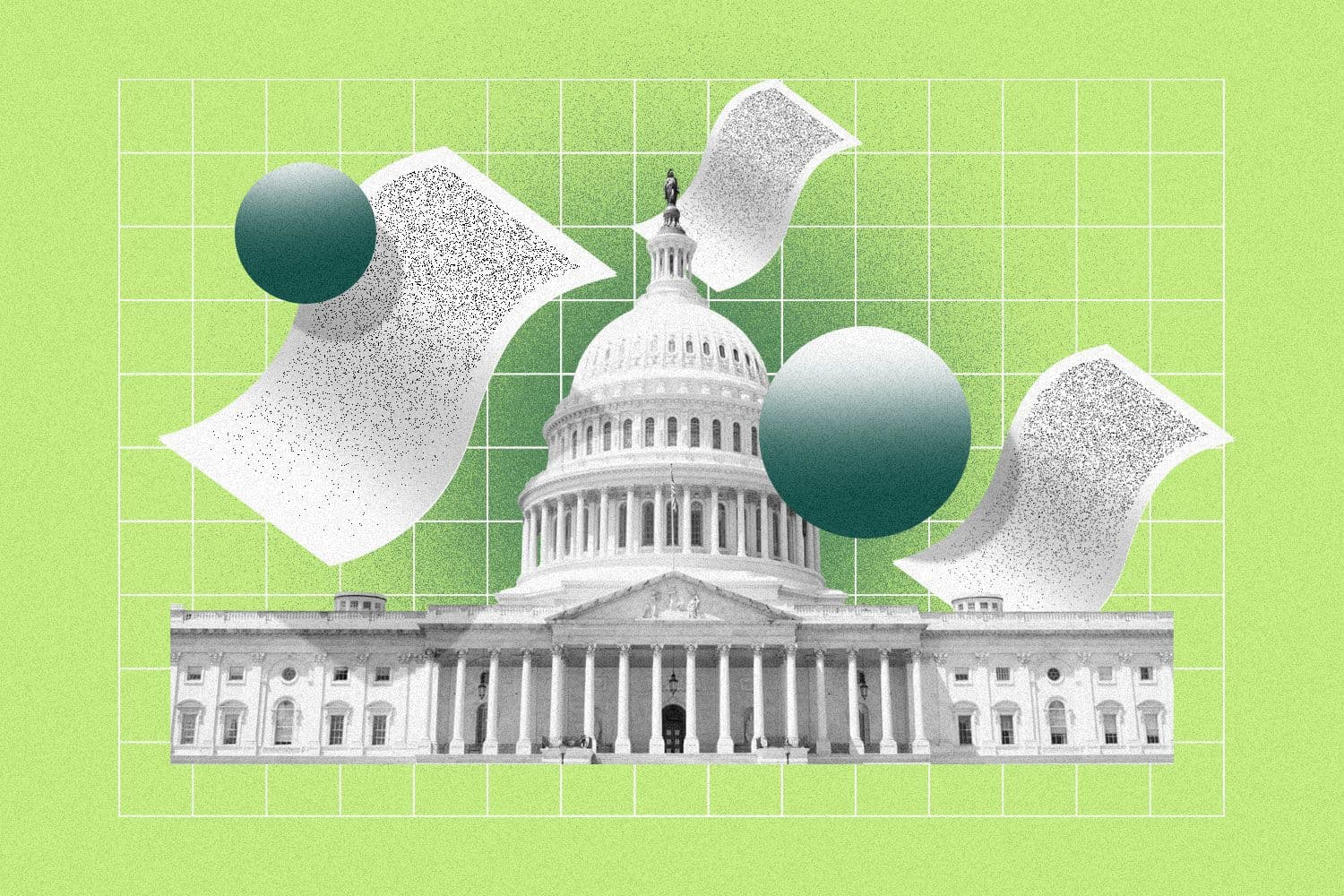Legislative lowdown: PWFA rule takes effect after federal judge dismisses lawsuit, but some employers granted injunction
A federal judge in Arkansas dismissed a lawsuit challenging a rule for implementing the PWFA, but another ruling granted temporary relief to some employers.

Francis Scialabba
• 3 min read
Courtney Vinopal is a senior reporter for HR Brew covering total rewards and compliance.
A rule implementing the Pregnant Workers Fairness Act (PWFA) took effect on June 18 after a federal judge in Arkansas dismissed a lawsuit challenging it. Some Catholic organizations and employers in Louisiana and Mississippi, however, were temporarily exempt from complying due to a separate federal ruling.
Why state AGs challenged the rule. The PWFA, which took effect last year, requires employers with 15 or more employees to provide “reasonable accommodations” to workers who are pregnant, have given birth, or are experiencing a related medical condition. The rule, issued by the Equal Employment Opportunity Commission (EEOC), states that abortion is a covered condition for which workers may request accommodations under the law.
In a lawsuit filed on April 25, Republican attorneys general from 17 different states took issue with the inclusion of abortion in the final rule, arguing it went further than the original legislation, which was passed with bipartisan support in 2022.
A judge dismissed the lawsuit on June 14, which had requested a nationwide preliminary injunction on the rule.
Advocates for the EEOC rule applauded the judge’s decision, saying it would provide clarity for employers to comply with the regulations, and citing concerns about workers who have been denied accommodations since the PWFA took effect, the Associated Press reported. “The law has been in place for a year and employers are violating it in the most egregious way right and left and clearly need guidance,” said Gillian Thomas, a senior staff attorney in the ACLU’s Women’s Rights Project.
Quick-to-read HR news & insights
From recruiting and retention to company culture and the latest in HR tech, HR Brew delivers up-to-date industry news and tips to help HR pros stay nimble in today’s fast-changing business environment.
Some employers are exempt. Another ruling, however, granted a preliminary injunction to Catholic organizations including the US Conference of Catholic Bishops, as well as employers in Louisiana and Mississippi, which sought relief from complying with the EEOC rule in separate lawsuits.
Gaylynn Burroughs, VP of workplace justice and education with the National Women’s Law Center, argued the decision would leave “some pregnant workers who need abortion-related accommodations to fend for themselves,” the Associated Press reported on June 17, after the judge granted the injunction.
Biden regulations on the defense. The EEOC rule is one of several Biden administration employment policies currently being challenged in court. The US Chamber of Commerce also sued to block a ban on noncompete clauses in employment contracts issued by the Federal Trade Commission, and challenged an Occupational Safety and Health Administration rule clarifying that employees may invite representatives from outside the company to accompany them during worksite inspections.
Quick-to-read HR news & insights
From recruiting and retention to company culture and the latest in HR tech, HR Brew delivers up-to-date industry news and tips to help HR pros stay nimble in today’s fast-changing business environment.